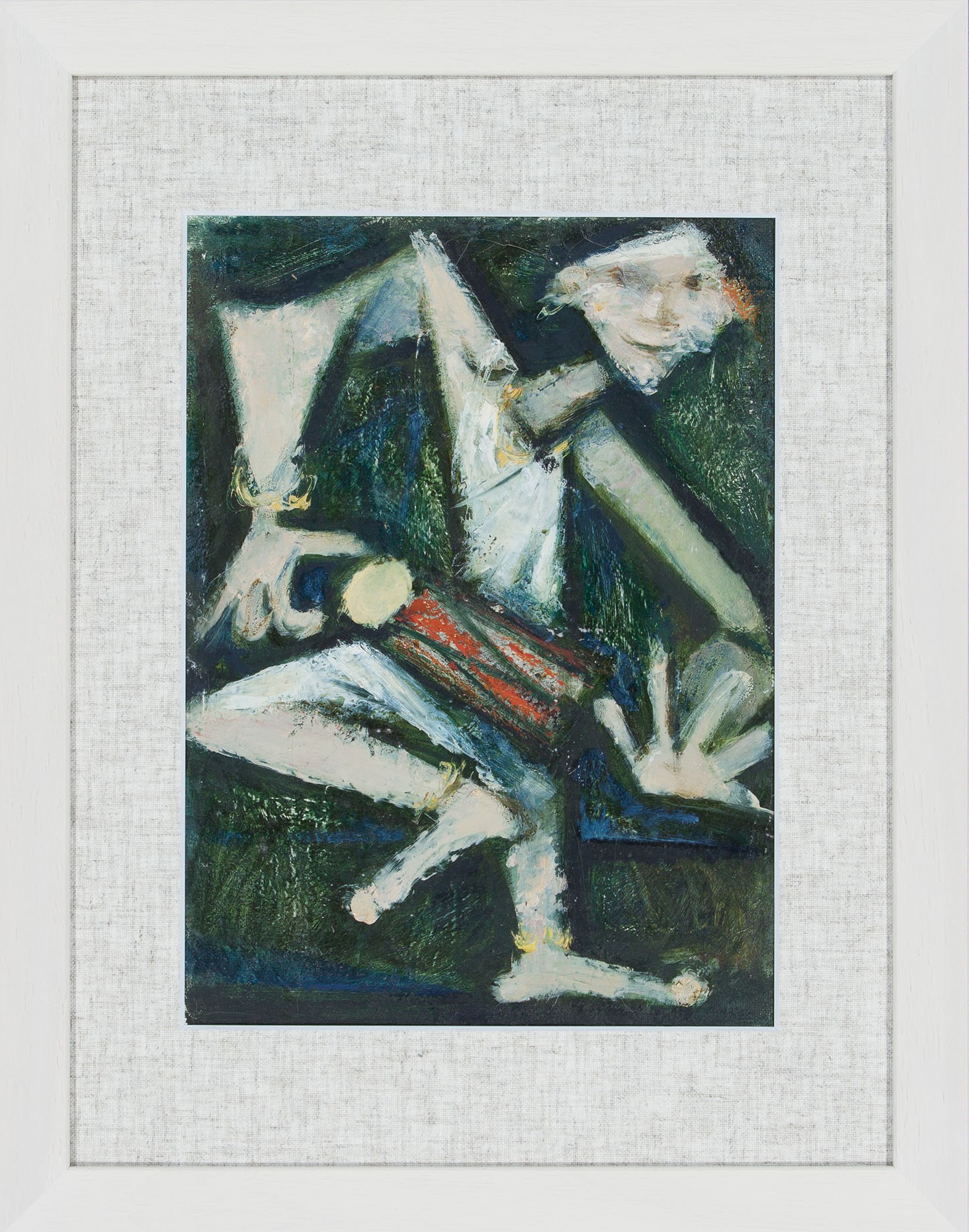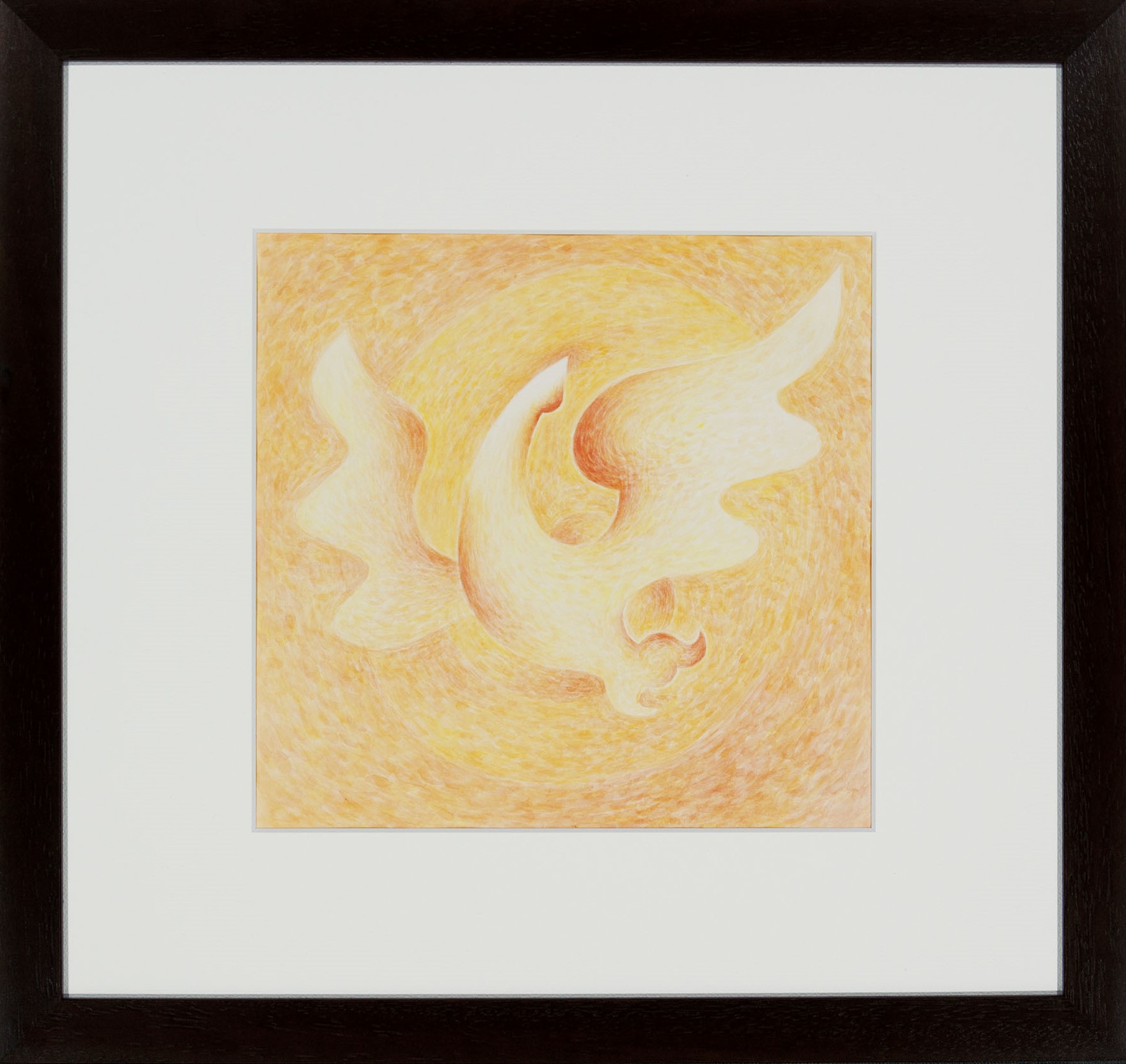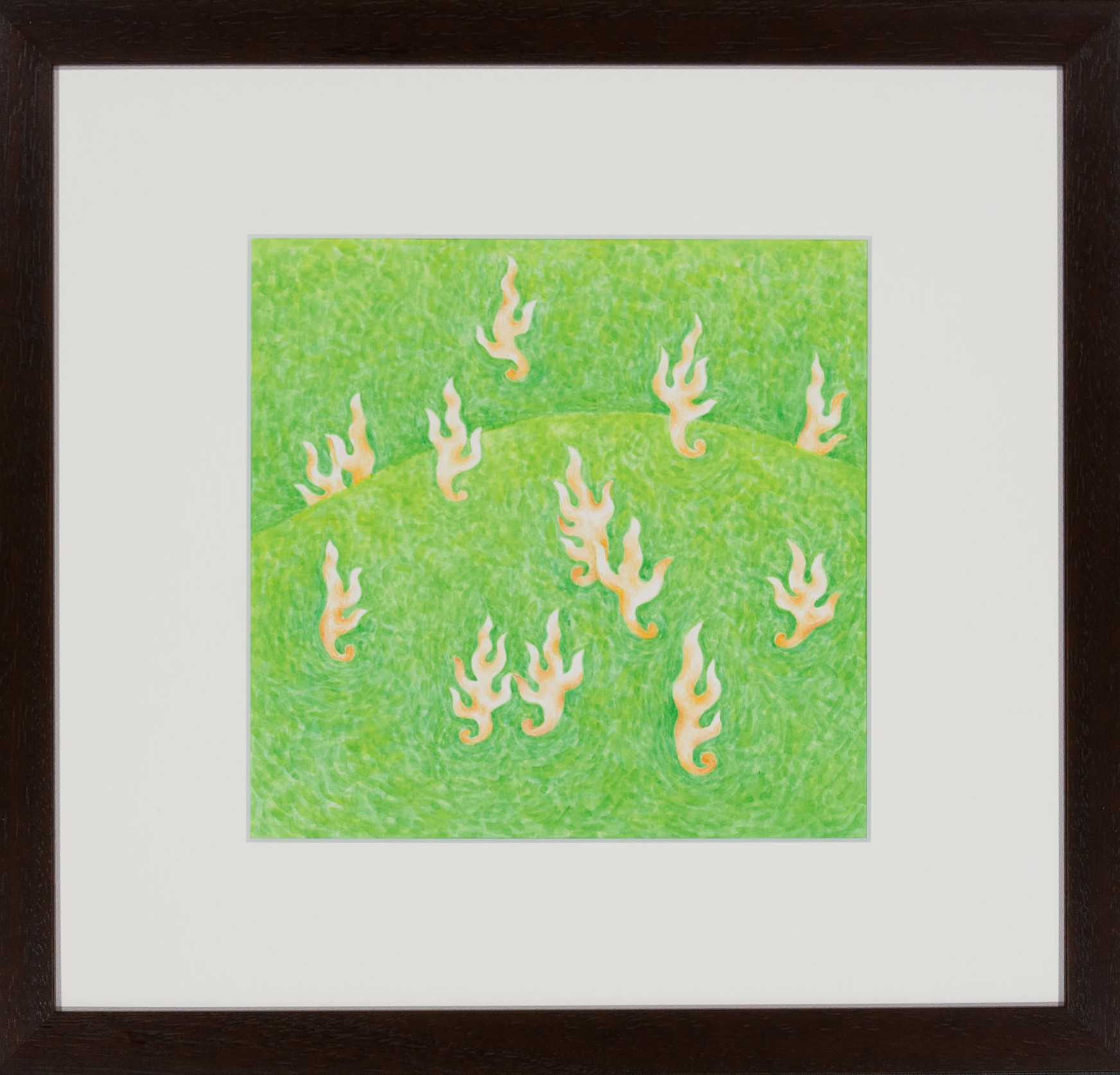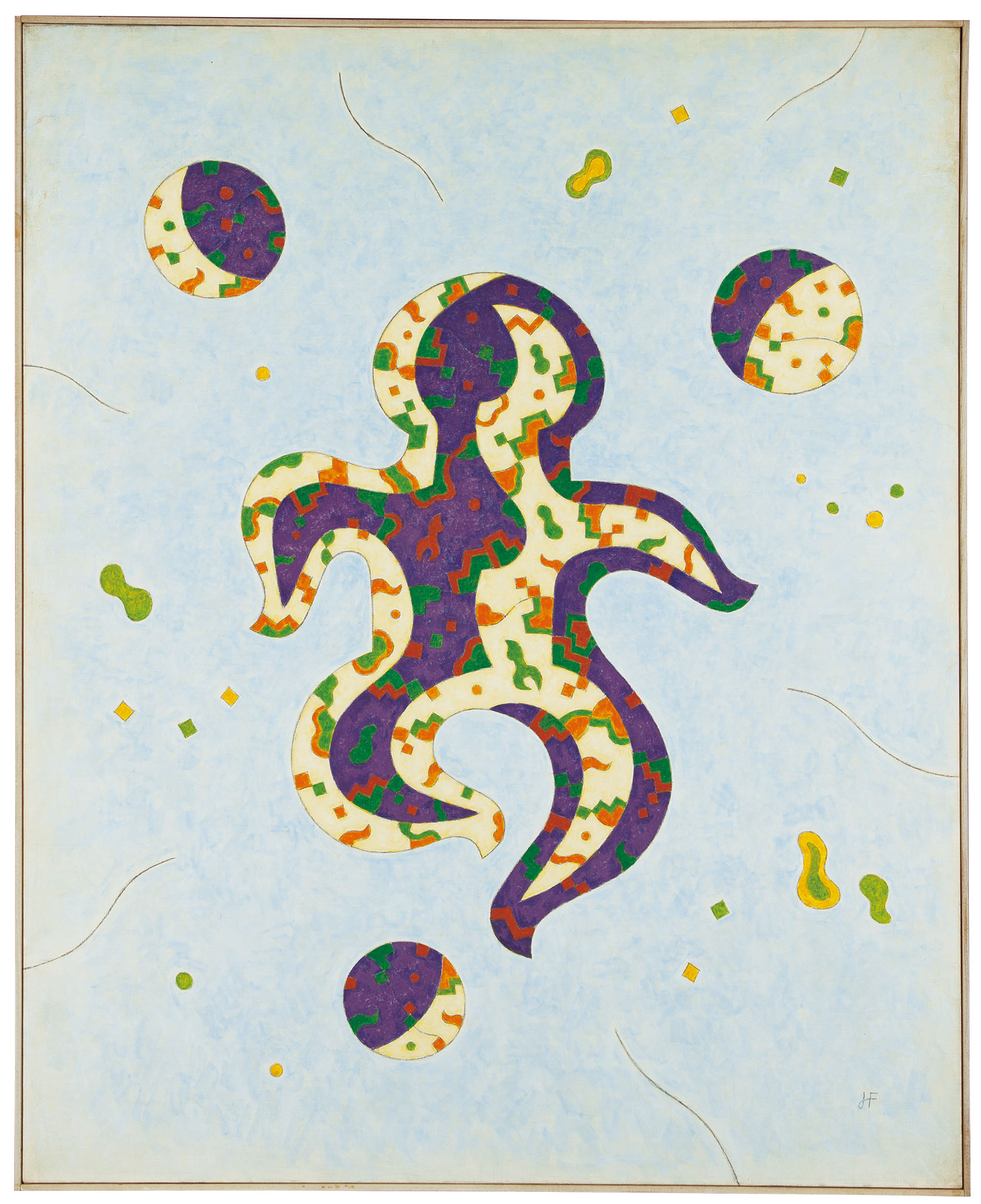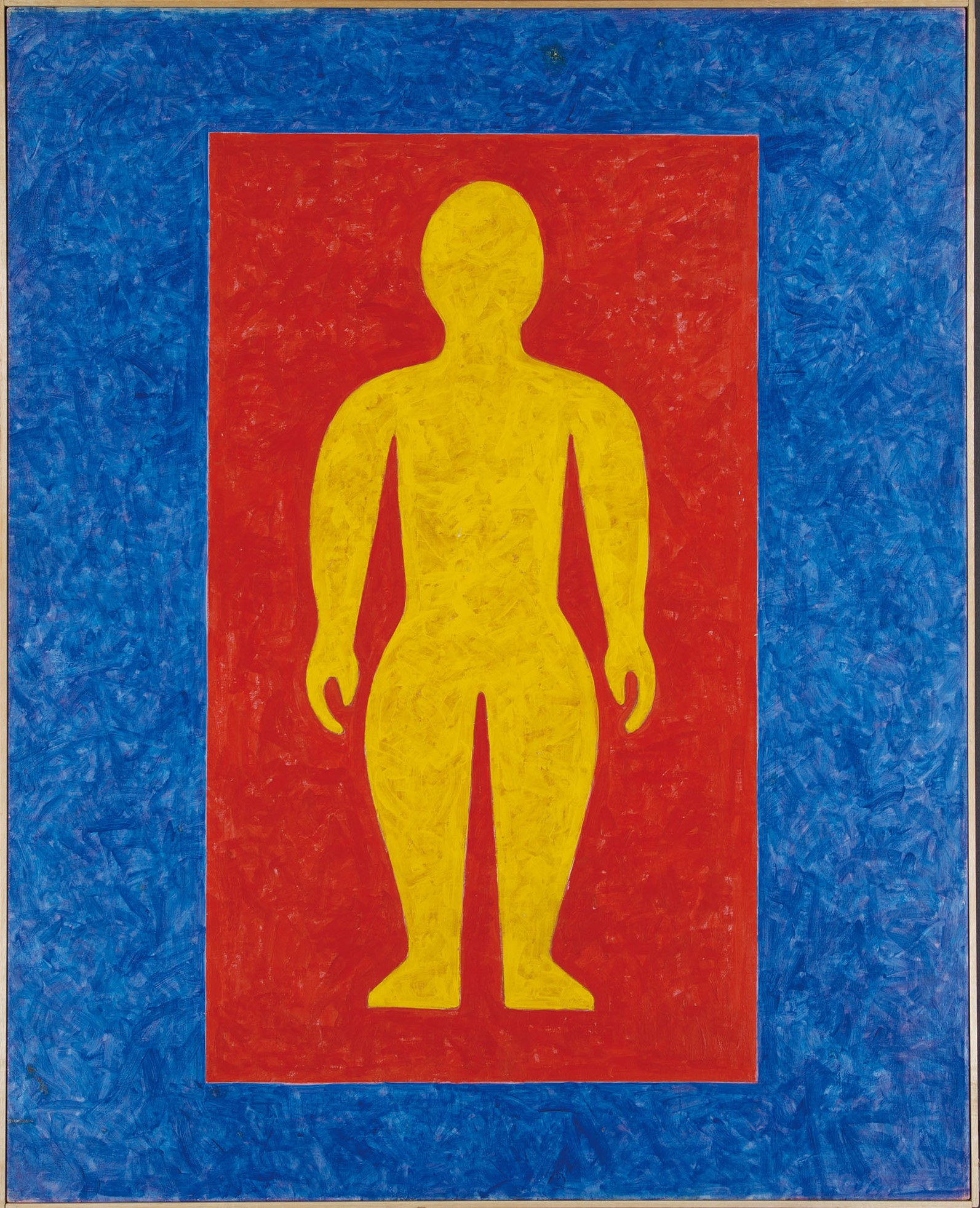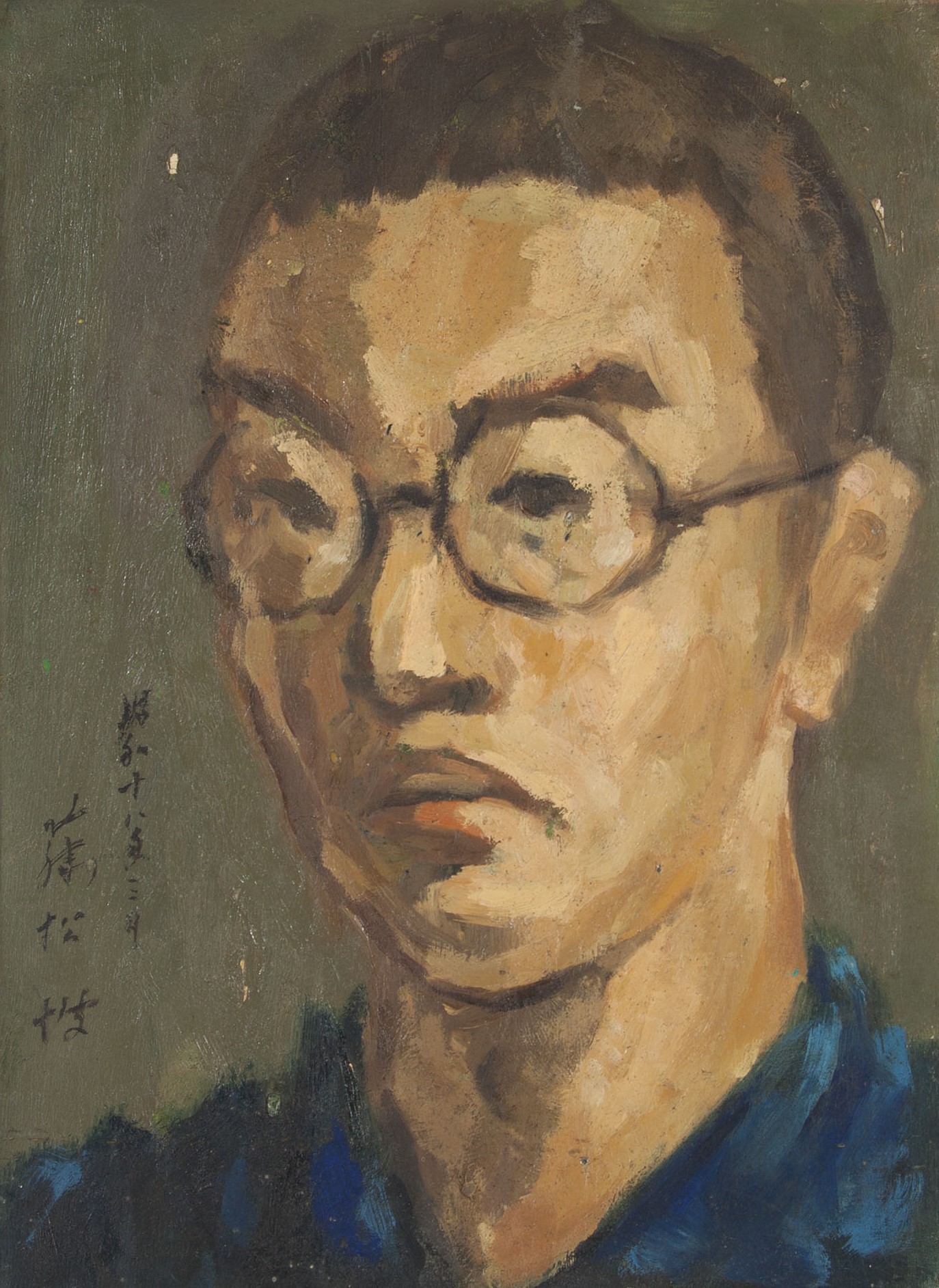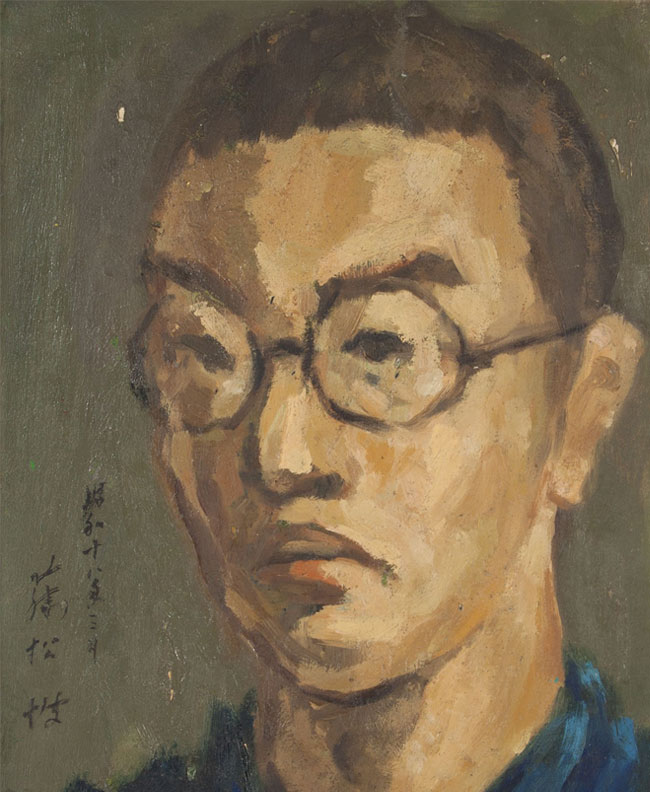 Hiroshi Fujimatsu (藤松 博)
Hiroshi Fujimatsu (藤松 博)

WORKS
-
Clown
-
"Shincho (Magazine)" January 1975 Issue Cover Illustration (Draft)
-
"Shincho (Magazine)" May 1975 Issue Cover Illustration (Draft)
-
Journey
-
Person/City
-
(Tentative Title) Self Portrait
BIOGRAPHY
Hiroshi Fujimatsu (藤松 博 1922-1996) was one of the most active painters during the postwar years of Japanese art. His work was first recognized by the major Japanese modern art critic, Shuzo Takiguchi, who popularized Fujimatsu in Japan’s wider art circles. Although the artist’s style varies across works, his calm and frank disposition remains a unique constant that persists within his oeuvre.
Following the war, many Japanese artists including Fujimatsu craved for new modes of expression and turned their attention to Western art trends. During which, the “Yomiuri Independent” exhibitions, a progressive and unjuried exhibition that began in 1949 and played an important role in promoting new forms of expression, became a major event. In the 1950s, Fujimatsu continued to exhibit and experiment with various styles. Despite receiving much praise from numerous art critics, such as the eminent Shuzo Takiguchi, the artist left for New York. During those two years, Fujimatsu aimed to create his own, original style. His aesthetic evolution continued following his return to Japan with his iconic figure series that played with the outline of bodies.
His comprehensive oeuvre is a testament to the incredible journey the artist undertook throughout his career that further highlights the artist’s love of growth and experimentation. He passed away at 74 years old in 1996. His works were exhibited posthumously at the Matsumoto City Museum of Art in 2013 and Kashima Arts and Gallery Kawafune in 2017.
- [Solo Exhibitions]
-
1953 First solo exhibition held at Gallery Takemiya
1961 Fujimatsu Hiroshi Solo Exhibition “THE CITY,” New York・The Nippon Club
1997 MASK: Exhibition of Unreleased Works of Fujimatsu Hiroshi The Azabu Museum of Arts and Crafts Creative art space
2013 Traveler of light and shadows–Fujimatsu Hiroshi– : a cross section of Japanese post-war art, Matsumoto City Museum of Art
2017 Hiroshi Fujimatsu: “Pop Step Challenging Pollock!!,“ Gallery Kawafune, Kashima Arts
- [Group Exhibitions]
-
1949-50, 52-58: Exhibited nine times at the ”Nihon Independent Exhibition,” Tokyo Metropolitan Art Museum, sponsored by Yomiuri Shimbun.
1957 “15 Vanguard Artists,” The National Museum of Modern Art, Tokyo
1963 Exhibited at “the 7thTokyo Biennale,” Tokyo Metropolitan Art Museum
1972 Exhibited at ”Development of Postwar Japanese Art Figurative Art,” The National Museum of Modern Art, Tokyo
1981 “Trends of contemporary Japanese artin the 1950s: Gloom and rays of light,” Tokyo Metropolitan Art Museum
“The 1960’s: Decade of Change in Contemporary Japanese Art,” The National Museum of Modern Art, Tokyo
1982 “The First Contemporary Art Festival: Shuzo Takiguchi and Post war Arts,” The Museum of Modern Art, Toyama
“The Vision of Contemporary Art−Oil Painting Exhibition,” The Museum of Modern Art, Toyama
1984 “20 Years of Contemporary Painting,” The Museum Of Modern Art, Gunma
1996 “1964:A TURNING POINT IN JAPANESE ART,” Museum of Contemporary Art, Tokyo
“Shedding light on art in Japan 1953,” Meguro Museum of Art
1998 “Realism in postwar Japan1945-1960,” Nagoya City Art Museum
2001 “Cross Section of Postwar Art – Akira Baba and Painters of Sato Gallery,” Akita Museum of Modern Art
2005 ”Tokyo Prefectural Art Museum” 1926-1970, Museum of Contemporary Art, Tokyo
2007 “Modern Art of Matsumotodaira−Artists Who Dreamed of a Museum−,” Matsumoto City Museum of Art
“Surrealism and Art -Image and Reality-,” Utsunomiya Museum of Art, Toyota Municipal Museum of Art, Yokohama Museum of Art
“Fireworks in Art −From Hiroshige to the Present−,” Iwaki City Art Museum
2021 “Linework“, √K Contemporary, Tokyo


